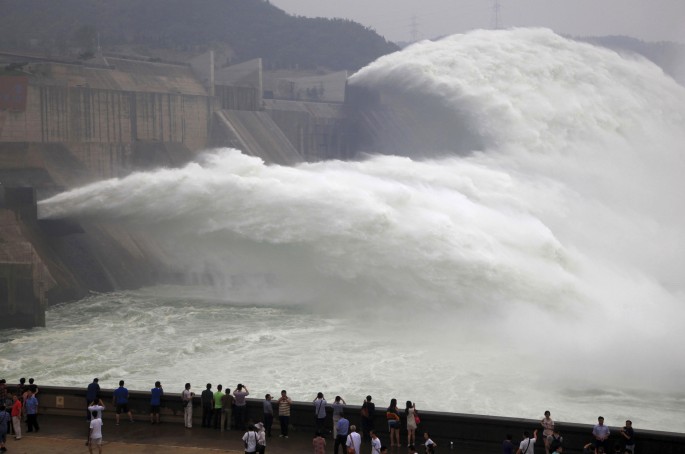China is set to develop about 27 water conservation projects primarily in the western part of the country this year to meet the needs of the surging urban population.
The projects are reportedly part of the 172 water conservation projects announced by Chinese Prime Minister Li Keqiang last year.
The projects, which are scheduled to be completed by 2020, are expected to alleviate water shortages and reduce the effects of pollution. Local sources have reported that several of these water conservation projects, about 57, are already underway.
China's Deputy Minister of Water Resources Jiao Yong revealed to the press on Tuesday in Beijing that the amount of investment in water conservation projects will be increased this year. Last year, China spent about 488 billion yuan ($79.74 billion) on water conservation projects.
"The water conservation projects will help expand China's domestic demand and support economic growth," explained Jiao, who further noted that several small reservoirs will be built in counties and small cities.
Besides rapid urbanization, water pollution has been a problem in China. Jiao explained that a plan is being created to stop water pollution in the country. He noted that the plan will be presented to the public at the appropriate time.
Meanwhile, Jiao revealed that in order to mitigate water shortages in the north, a plan has been hatched to transfer water from the northern to the southern parts of the country under the South-to-North Water Diversion. According to him, under this project, up to 100 million cubic meters of water has been transferred to Beijing from Hubei Province since Dec. 12 last year.
Jiao explained that it is too early to evaluate the effectiveness of the project because it has been ongoing for only four months. Nonetheless, he expressed confidence that the project will "play a dominant role in the economic development of northern China."



























